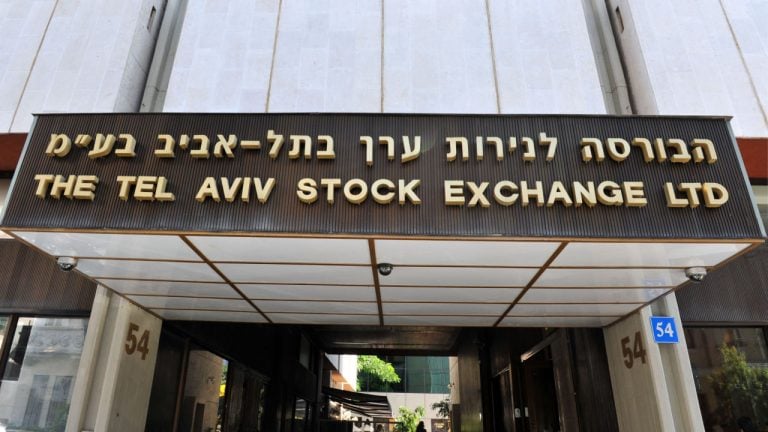Israel’s only public stock exchange is preparing to offer new regulated cryptocurrency services through another partnership with Fireblocks.
Israel is set to introduce more regulated cryptocurrency opportunities, with the country’s only public stock exchange preparing to offer new crypto services.
Tel Aviv Stock Exchange (TASE) has signed an agreement with the digital asset platform Fireblocks to jointly offer a range of new digital asset products and services.
Announcing the news on Aug. 1, TASE noted that the new partnership will enable the stock exchange to provide institutional-grade digital asset solutions for regulated entities.
The collaboration is designed to combine TASE's experience and presence in the Israeli market with Fireblocks' technology focused on moving, storing, and issuing digital assets.
According to TASE clearing executive Orly Grinfeld, the new partnership between TASE and Fireblocks is a “monumental leap forward in the global digital assets landscape.”
“We are unwavering in our pursuit of revolutionizing the industry and the local capital market, and this collaboration epitomizes our dedication to delivering secure, regulated, and innovative digital asset solutions,” Grinfeld said.
Fireblocks co-founder and CEO Michael Shaulov mentioned that the firm’s latest collaboration with TASE builds upon the success of Project Eden, an initiative dedicated to the application of blockchain infrastructure in the issuance and settlement of digital government bonds. Fireblocks and the crypto firm Blockfold participated in the proof-of-concept phase of the project completed by early June 2023.
“With Project Eden, our work with TASE has been one of the most exciting and ground-breaking digital asset use cases to date,” Shaulov said, adding:
“The digital asset products and services that TASE is exploring will no doubt play foundational roles in the future of Israel’s economy.”
TASE officially announced plans to create a blockchain-based digital asset platform in October 2022. As part of the plan, the Israeli stock exchange wanted to examine multiple options, including conversion of existing infrastructure to innovative technologies, deployment of innovative technologies into specialized platforms. The stock exchange was also looking to offer a basket of services and products for digital assets and more.
Related: Bill to exempt foreigners from crypto taxes passes preliminary reading in Israel
In March 2023, TASE issued a proposal to approve an expansion of crypto trading activities to non-banking members. According to the proposal, non-banking members will act as licensed providers for crypto trading and custodial services.
TASE did not immediately respond to Cointelegraph’s request for comment.
Magazine: Should you ‘orange pill’ children? The case for Bitcoin kids books














